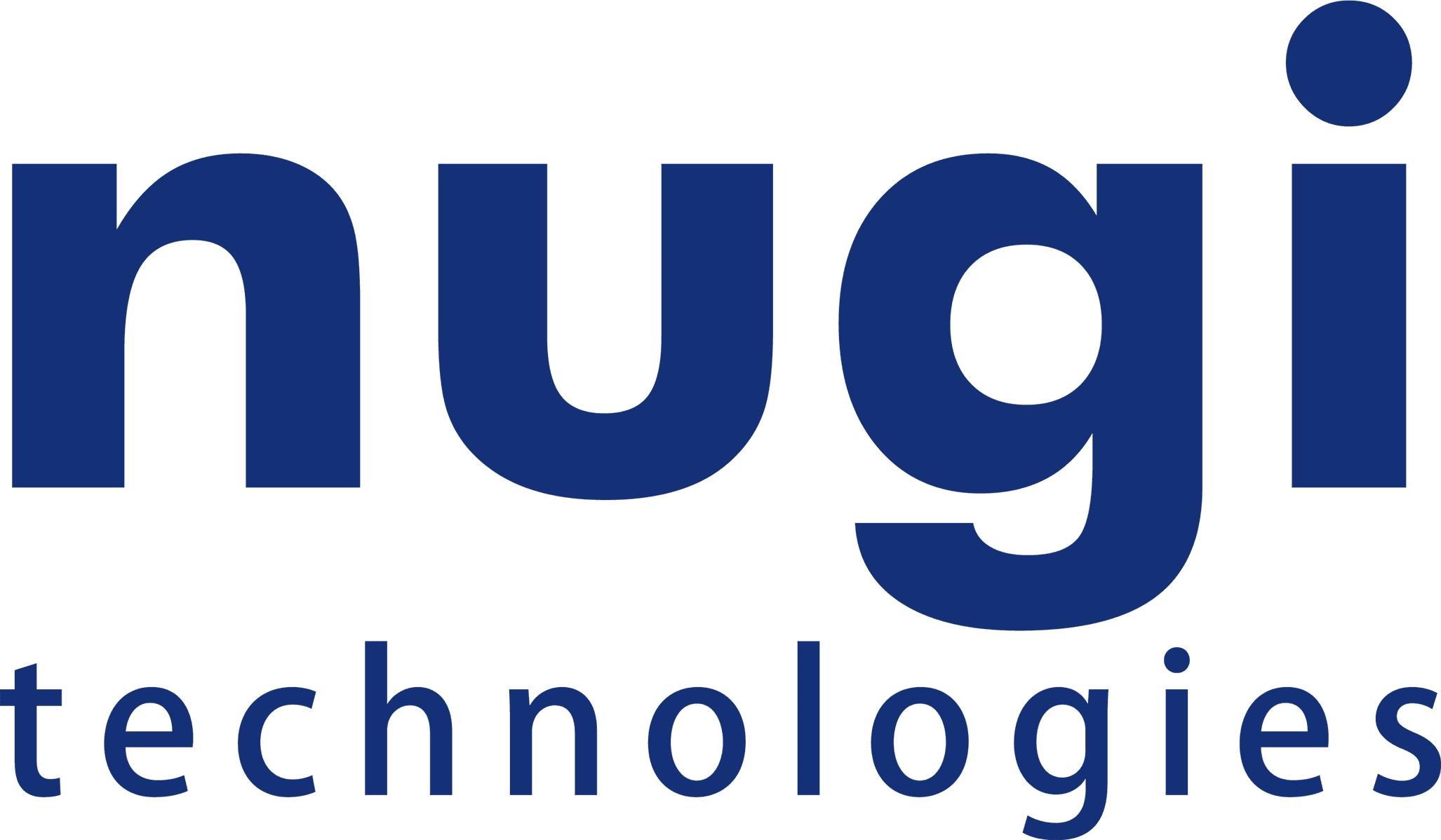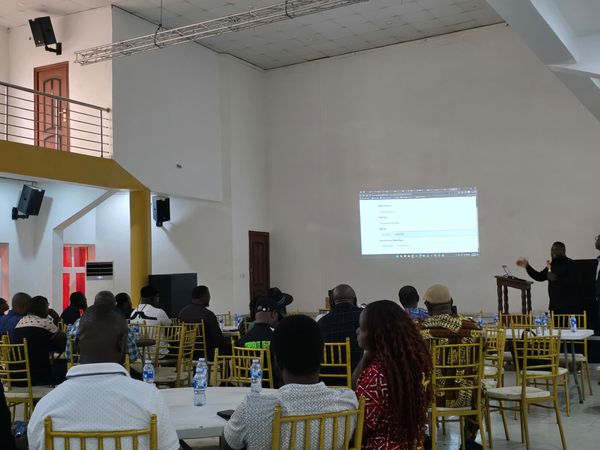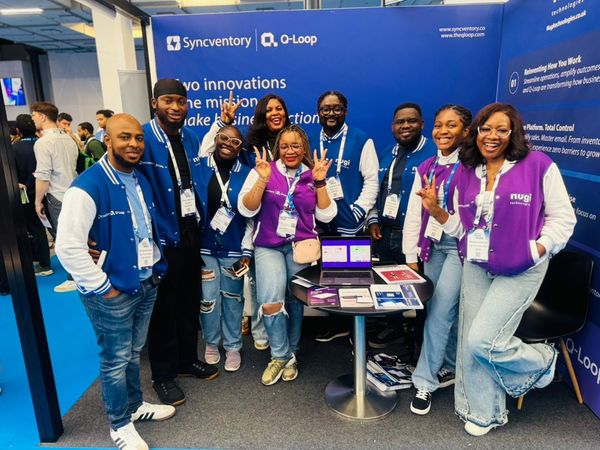The President of Nugi Group, Augustine Ugi, speaks with JUSTICE OKAMGBA on the growing importance of data centres to Nigeria’s economy. He stresses that investments must extend beyond Lagos and Abuja, which currently host nearly all existing facilities, if the country is to avoid falling behind in the global digital race.
Why does expanding data infrastructure beyond Lagos and Abuja matter for Nigeria’s role in the global data economy?
The future of Nigeria will always be tied to Cross River State because it holds resources critical to national development. By locating our new data centre in Calabar, we are building a case for decentralising investment in Nigeria and pushing for opportunities beyond Lagos and Abuja.
Calabar was chosen because it offers unique advantages: lower operating costs, a first-mover advantage, and strong alignment with the city’s tourism ecosystem. It is strategically located near Calabar Airport and benefits from visibility around Africa’s largest street party, the Calabar Festival.
Most importantly, a Tier 4 data centre provides about 99.99 per cent uptime, making downtime almost impossible. To achieve this, you need three to four independent power sources. The Calabar site is ideal because it is close to a waterfall, enabling us to generate hydroelectricity through a turbine system. The land also offers enough space to build a solar grid capable of storing power for three to four months. In addition, Cross River has abundant natural gas reserves that can be liquefied for electricity generation.
What direct economic benefits, jobs, tax revenue, and business attraction will this project bring to Cross River State and Nigeria as a whole?
The data centre is a large-scale infrastructure project, and its construction will create jobs and opportunities for local talent in Calabar.
Currently, Nigeria lacks sufficient data centres to manage the huge volume of data generated daily, forcing much of it to be stored abroad. A facility of this scale changes that. It enables companies to store data locally, ensuring apps and digital services run faster and more reliably since the information is hosted closer to users.
Global platforms such as Facebook and YouTube, which are under increasing pressure to localise data, can now leverage this facility. That translates into new foreign income streams for Nigeria. For banks and other financial institutions, the centre will mean more reliable uptime, fewer disruptions, and reduced failed transactions.
Nigeria faces a pressing need to build digital talent. How will Nugi Innovations support this in the data centre?
Nugi Innovations is the incubation arm of Nugi Technologies. When we encounter individuals with brilliant ideas, we nurture them at Nugi Innovations. Once the ideas mature, we either partner with the innovators to market them or spin them off into standalone organisations.
Beyond incubation, we run training programmes for students, professionals, and corporate organisations, covering both theoretical and practical skills. Many trainees go on to intern with Nugi Technologies and later transition into full-time staff.
The tech city and data centre naturally create new opportunities for Nugi Innovations students, who will receive hands-on training on live projects. This ensures seamless integration into the system. Projects of this scale demand specialised expertise, and we are cultivating that expertise locally.
The goal is not only to build infrastructure but also to develop human capital, ensuring Nigeria has the talent to run, manage, and expand these systems over time.
Beyond the data centre, Nugi Group is expanding into construction, real estate, and agriculture. How do these sectors tie into your vision of a 370-hectare tech city?
The vision is to build a self-sustaining tech ecosystem. It starts with the data centre but extends to Nugi Innovations, Nugi Farms (an agritech estate), modern housing for young professionals, and a commercial hub.
Africa has one of the largest youth populations in the world. Without infrastructure and opportunities, young people risk unemployment or forced migration. Our tech city provides a place where they can develop solutions for Africa, in Africa, whether in fintech, agritech, or digital services.
By creating these opportunities, we can help Africa move from being a consumer of global technology to a creator and exporter of it.
How is Nugi Group financing this project with a proposed budget of $70m for phase one?
The project is being financed through a mix of private sector investors, public sector partners, and Nugi Technologies. Several investors have already made significant commitments, while discussions with others are ongoing. Details remain confidential at this stage.
How confident are you that your multi-source power approach will meet Tier 4 uptime standards considering Nigeria’s struggles with unreliable electricity?
We are very confident, because our design is not just about adding solar or backup; it is a hybrid, multi-source power infrastructure that strengthens the local grid while guaranteeing internal resilience.
The facility will draw power from multiple sources: solar farms, gas turbines, hydropower from a nearby waterfall (up to 25 MW), and the national grid.
On top of that, we are deploying a $50m battery energy storage system, capable of sustaining operations for up to 10 days if all three primary sources fail, an extremely unlikely scenario. Each modular unit has N+N redundancy, ensuring uninterrupted service even if two systems fail simultaneously.
This is not theoretical. We already operate two mini data centres in Cross River State with over 99 per cent uptime annually, even without hydro backup. The experience from these facilities is shaping the design of advanced control systems, real-time monitoring, and layered power logic to surpass the 99.995 per cent uptime benchmark for Tier 4 certification.
What is the development timeline?
We have completed the master plan and are finalising pre-development engineering and land preparation. Groundbreaking for the first modular units is expected in Q1 2026.
The 6-unit modular data centre campus will cover six hectares of the 30-hectare tech complex. It is projected to be fully operational by Q4 2027.
However, each module will be rolled out in phases, with the first expected to go live within 12–15 months of commencement. This phased rollout will allow clients to begin migration, testing, and co-location early, even as expansion continues.
Many Nigerian banks and global tech companies worry about cybersecurity and data sovereignty. How will your centre address these concerns?
Cybersecurity and data protection were considered from the outset of this project.
We are fully compliant with the Nigeria Data Protection Act and are aligning with global standards such as ISO 27001, PCI-DSS, and SOC 2 Type II, frameworks trusted by major banks and tech firms worldwide.
Our “zero-trust” model ensures that no user or device is automatically trusted; everyone must authenticate before gaining access. Security measures include AI-driven, real-time threat detection, multi-layered firewalls, network segmentation to isolate breaches, and air-gapped backup systems for critical data.
For sensitive clients, such as banks and government agencies, we are offering private, isolated data vaults and sovereign data zones that guarantee information remains within Nigeria. A dedicated monitoring dashboard will also give clients real-time visibility and audit capability.
Our mission is simple: to ensure every client, whether local or global, has complete confidence that their data is secure, sovereign, and fully under their control.
“Africa has one of the largest youth populations in the world. Without infrastructure and opportunities, young people risk unemployment or forced migration.”
Justice Okamgba, Punch Newspaper







